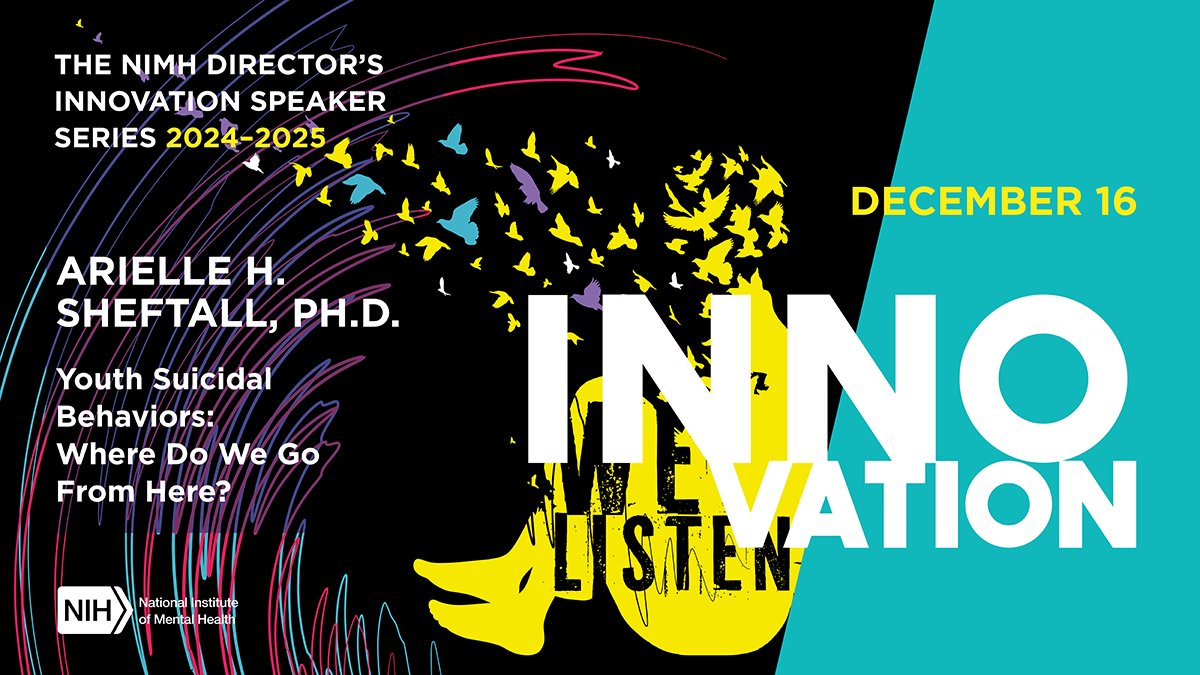Written by Jackie Zimmermann, Manager of Public Education Partnerships and E-Learning
Content from MHA and ASU’s webinar: I Don’t Know How to Care for Myself in Stressful Times featuring Dr. Ruben Parra-Cardona, Bethany Younkers, Dr. Ariana Hoet
The holiday season is often marketed as a time of joy and togetherness. Still, for many parents, it can quickly become overwhelming. The pressure to make everything perfect, manage endless tasks, and juggle family dynamics can take a toll on mental health. Prioritizing self-care, setting healthy boundaries, and tapping into your support system can help you navigate the season with more balance and less stress. Here are five learnings to help you do this from MHA and ASU’s webinar, “I don’t know how to care for myself in stressful times.” After all, creating moments of joy doesn’t require perfection—it just takes presence and intention.
- Identify your values and priorities and set boundaries accordingly.
It can be easy to fall into the mindset that we must do everything during the holidays, and quickly, you are saying yes too much. Dr. Ruben advised you to take a moment to recognize your values and priorities during the holiday season. Once you have a clear vision, set your boundaries and stick to them. That could mean spending more time together as a family instead of overcommitting to outside activities or saying yes to a half-day event instead of a full day. When you realize by saying “no” to something, you are making space for what you value most, it takes away some of the guilt you may feel. Reframe boundaries as saying “yes” to things you value. -
Reframe the way you think of self-care.
Shift the way you think of self-care from self-indulgence to self-preservation. Often, parents feel as though they must prioritize themselves last to ensure everyone else is taken care of. When we reframe the way we think about self-care, we can identify how it is a necessity to maintain our physical and mental health.Self-care doesn’t have to be this big, expensive thing. It’s caring for our needs and providing nourishment, rest, and energy to your mind and body. That looks different for everyone! Try not to fall into the thinking trap that self-care is costly, like getting your nails done or going to the spa. Getting caught up in what self-care “should” look like is easy.
Some examples of self-care practices include:
- Finding a moment to take some deep breaths and re-regulate your nervous system
- Asking your support system for help:an someone watch the kids while I go out and shop?
- Finding time for movement that feels good for your body – even if it’s 5-10 minutes of stretching or walking
- Saying no to a holiday event if you need the time and space
-
Welcome – and ask for help from your support system.
Instead of parenting by yourself, parent with your village. You are not alone–and it’s okay to ask for help. Likely, others in your life are feeling the same overwhelm. Consider reaching out to friends, neighbors, or community members to co-care for each other. Maybe that means a different family hosts kids for dinner once a month so the other parents can have a night for themselves. Or you rotate through drop-off and pick-up, so you can do it with others. Find a shared community if you can to support each other, especially during busy times like the holidays.Dr. Ruben shared the importance of creating a lifestyle that builds protective factors so that when things hit us, they bounce off a little more easily, which can really help. Recognizing that can be hard for many people, but that is where your community can come in for support.
The holidays may also bring up feelings of grief and sadness, especially if some of your loved ones are no longer with you to celebrate. Having a support system can help provide comfort during challenging times of grief.
-
Find ways to embed joy in your routines.
When you have so much on your plate, the little things like washing dishes or doing laundry can seem exhausting. Bethany shared that these are activities in her weekly routine, and she has tried to create moments of joy with her daughter. Invite your children to help dry while you wash or fold laundry together. Put on some fun music and try to make a moment where you bring joy into the mundane.Many parents experience guilt when they are not around their children enough, especially working parents who have limited hours together. Dr. Ariana shared her approach to managing stress and guilt as a working parent, emphasizing the value of being present and intentional with her children during daily activities. This is similar to Bethany’s approach of finding activities you are already doing to invite joy and quality time into your day.
-
Leave comparison at the door.
It’s easy to compare yourself to others, especially with social media’s highlight reel—only showing what seems to be the best parts of everyone’s lives. During the holidays, this can be heightened by the stress of buying gifts, participating in all the activities, and traveling to see family. These things can add additional emotional stress and financial strain on families.Dr. Ruben discussed the importance of deconstructing societal narratives about parenting and how these narratives can be oppressive. He emphasized the need to focus on what one can do with one’s resources rather than comparing one’s actions to those of others.
Some of the best memories and moments you can provide your family are quality times together—ones where you are fully present, even for a short time. Dr. Ruben shared that his favorite activities are popping popcorn with his family and enjoying a movie together at home. Finding ways to create joy and happiness in your homes without adding financial stress.
By focusing on what truly matters—setting boundaries, prioritizing self-care, leaning on your support system, and embracing the simple joys—you can create a season that’s meaningful and enjoyable for you and your family. Remind yourself that it’s not about perfection but about being present and intentional with the time and resources you have. Take a deep breath, let go of comparison, and give yourself grace this holiday season.




Leave a Comment